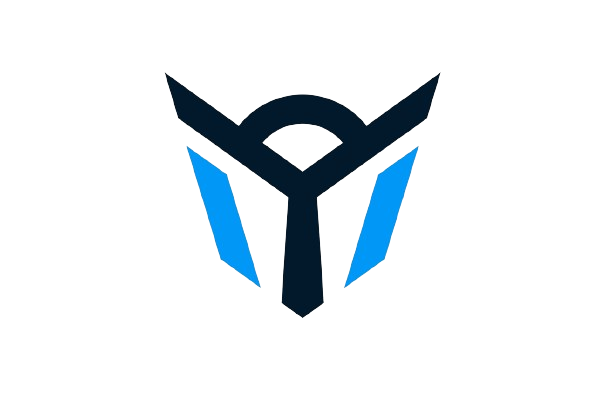Medicine Courses
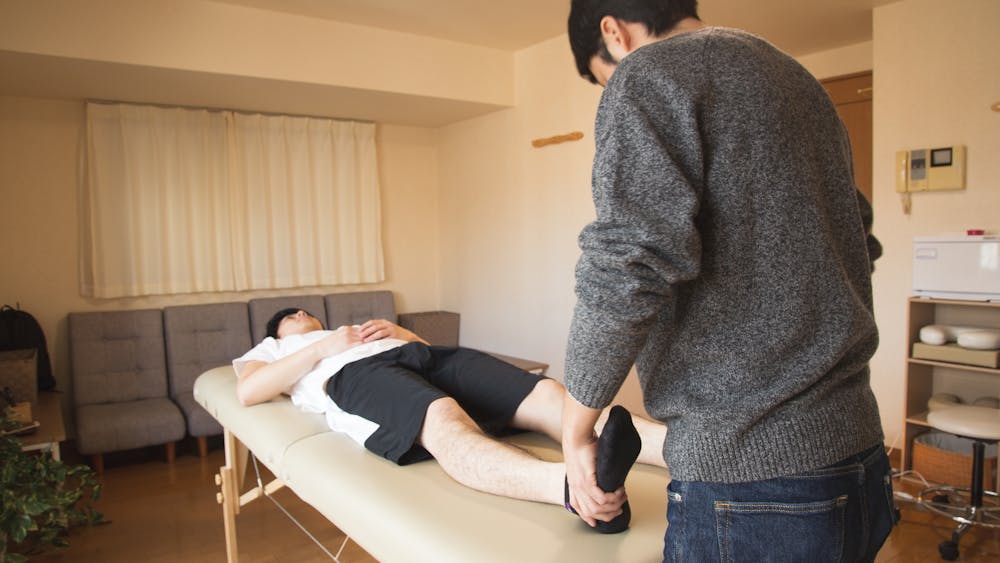
Physiotherapy
Physiotherapy is a healthcare discipline focused on restoring and improving physical function and mobility through physical techniques and exercises. It involves assessing, diagnosing, and treating a range of conditions related to muscles, joints, and the nervous system. Physiotherapists use methods such as manual therapy, exercise programs, and modalities like heat and cold therapy to alleviate pain, improve movement, and enhance overall physical well-being. The goal is to help individuals recover from injuries, manage chronic conditions, and improve their quality of life through tailored treatment plans and rehabilitation strategies.
Ayurvedic Medicine and Surgery
Ayurvedic Medicine and Surgery is a traditional system of medicine originating from India that emphasizes natural healing and holistic well-being. Ayurveda focuses on balancing the body’s energies (doshas), which are believed to affect health and disease. It incorporates various treatment modalities, including herbal medicine, dietary guidelines, yoga, meditation, and specialized therapies such as Panchakarma for detoxification. Ayurvedic Surgery, or “Shalya Tantra,” involves traditional surgical techniques and procedures aimed at treating physical ailments and injuries. This approach integrates natural remedies with surgical practices to promote health and restore balance in the body.
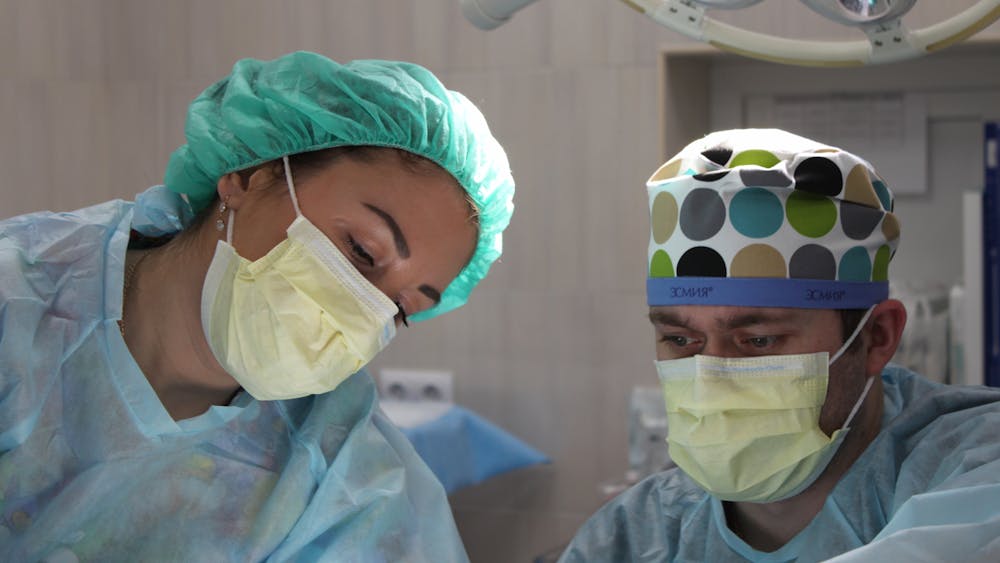
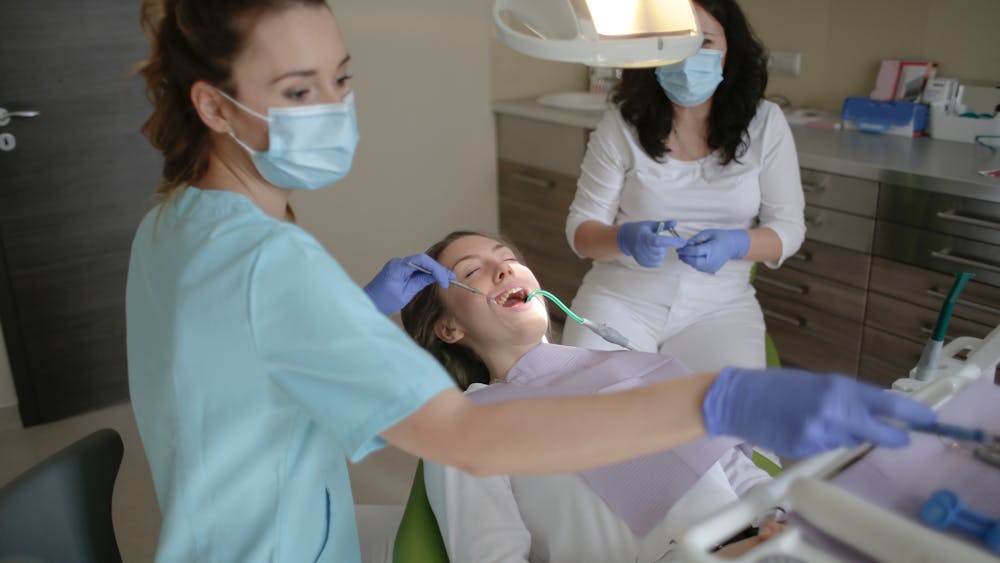
Dental Degree
A Dental Degree is an academic qualification that prepares individuals to practice as dentists. It typically involves comprehensive training in oral health, including the diagnosis, treatment, and prevention of dental and oral diseases. The curriculum includes subjects such as anatomy, physiology, pharmacology, dental materials, restorative techniques, and patient management. Dental students also gain practical experience through clinical practice, where they perform procedures such as cleanings, fillings, extractions, and root canals. After obtaining a dental degree, graduates must pass licensing exams to practice professionally. A dental degree can lead to various career paths, including general dentistry, orthodontics, periodontics, and oral surgery.
Optometry
Optometry is a healthcare profession focused on examining, diagnosing, and treating visual problems and eye conditions. Optometrists are trained to provide comprehensive eye care, including vision tests, prescribing corrective lenses, and detecting eye diseases and disorders. They may also offer treatments for certain conditions, such as dry eyes or eye infections. Optometrists play a crucial role in maintaining eye health and enhancing visual performance through preventive care, early detection, and management of various eye conditions. They often collaborate with other healthcare professionals to provide holistic care for patients’ overall well-being.
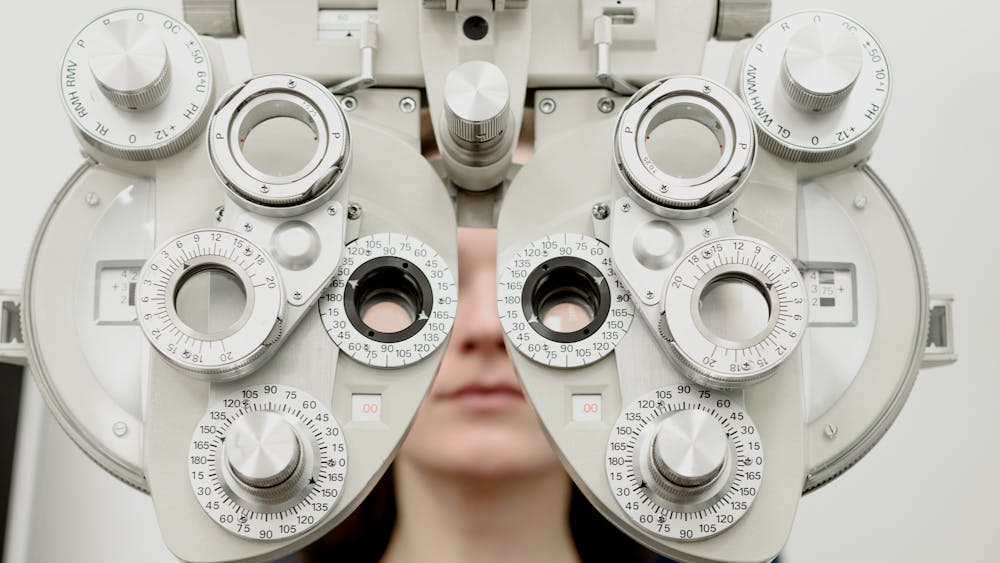

Naturopathy
Naturopathy is a holistic approach to healthcare that emphasizes the body’s inherent ability to heal itself using natural remedies and therapies. It focuses on treating the whole person—mind, body, and spirit—rather than just addressing symptoms. Naturopathy incorporates a variety of treatments, including herbal medicine, nutrition, acupuncture, homeopathy, and lifestyle counseling. The principles of naturopathy include promoting wellness, preventing disease, and using the least invasive methods to support the body’s natural healing processes. Naturopathic practitioners aim to address the root causes of health issues and support patients in achieving optimal health through natural and preventative measures.
Occupational Therapy
Occupational Therapy is a healthcare profession focused on helping individuals of all ages develop, recover, or maintain the skills needed for daily living and work. Occupational therapists work with people who have physical, mental, or developmental conditions that affect their ability to perform everyday activities. They design personalized intervention plans that may include therapeutic exercises, adaptive techniques, and modifications to the home or work environment. The goal is to improve clients’ independence, enhance their quality of life, and support their participation in meaningful activities, whether it’s self-care, work, or leisure.
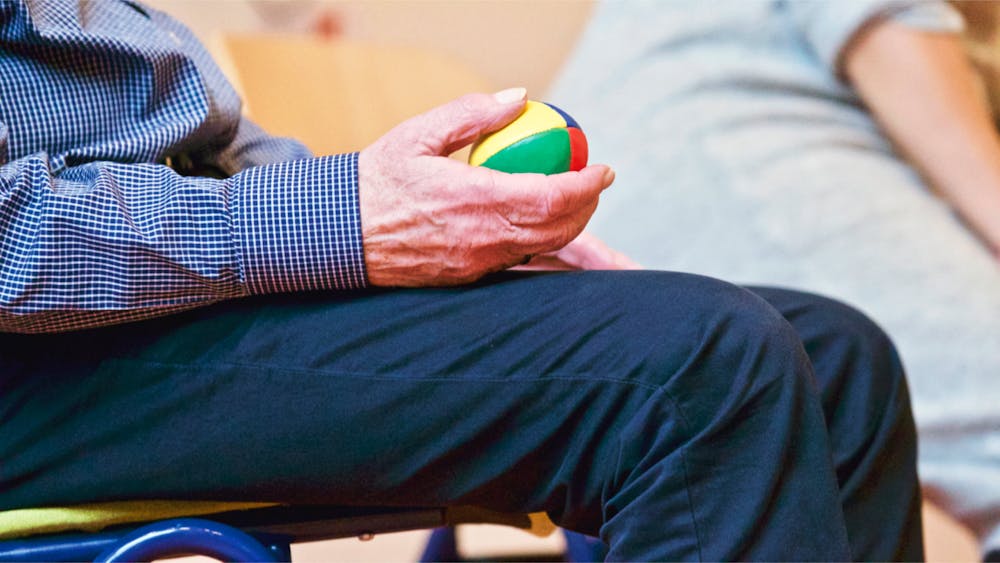
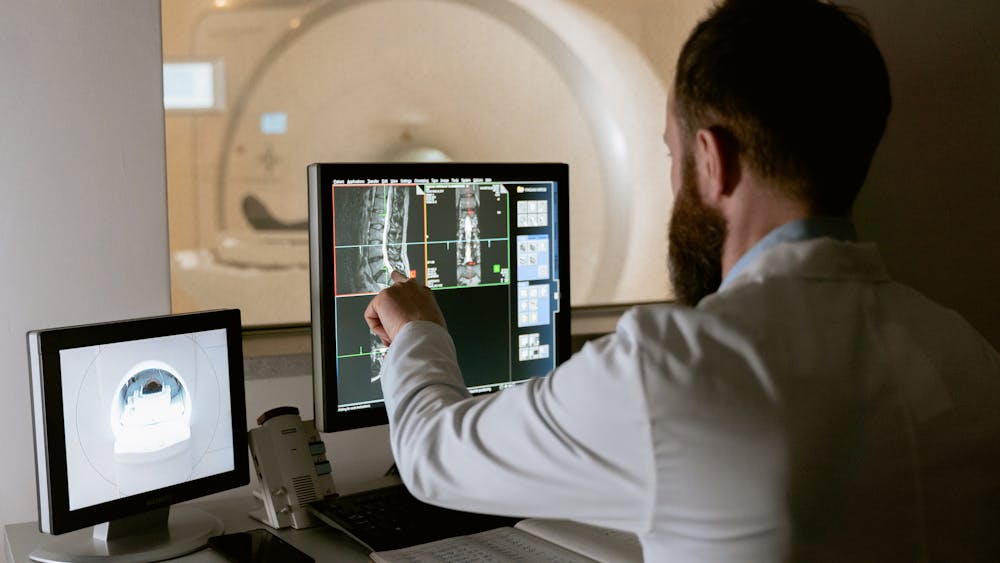
BSC in Medical Imaging Technology
A BSc in Medical Imaging Technology is an undergraduate program that prepares students to become skilled professionals in the field of medical imaging. The program covers various imaging techniques used to diagnose and monitor medical conditions, including X-rays, computed tomography (CT), magnetic resonance imaging (MRI), ultrasound, and nuclear medicine. Students learn about the principles and operation of imaging equipment, radiation safety, patient care, and image interpretation. The degree combines theoretical knowledge with practical experience, often including clinical placements, to ensure graduates are well-equipped to work in hospitals, clinics, and diagnostic imaging centers.

